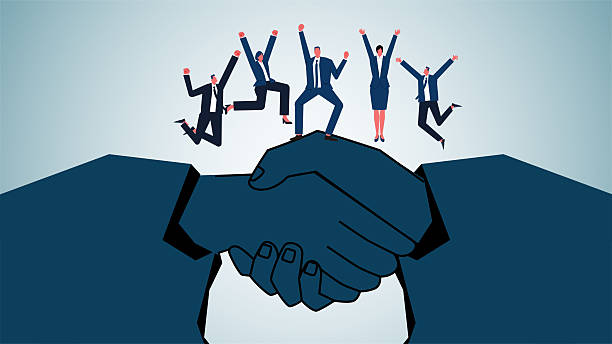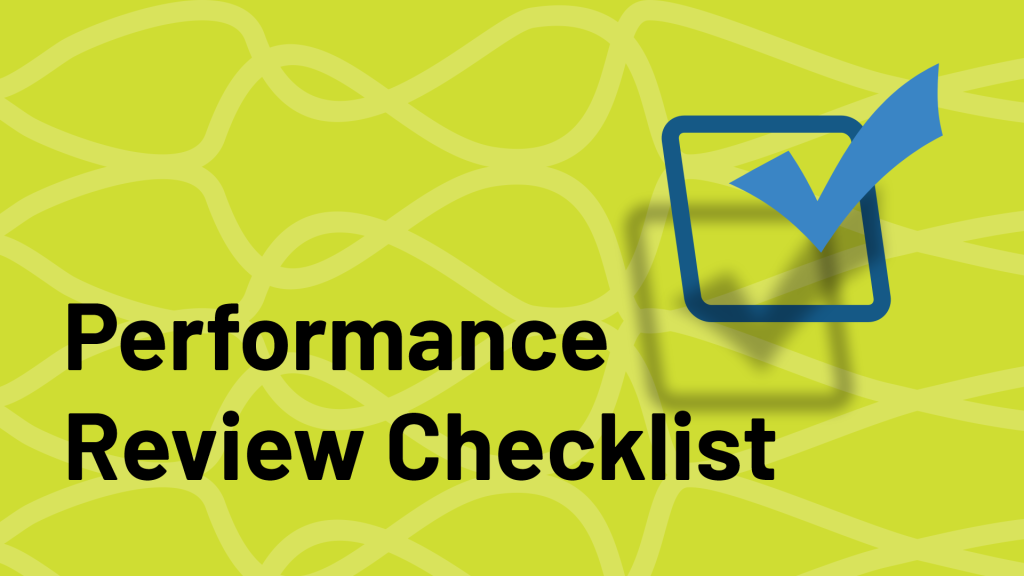30 April 2024
The Future of Work: How Performance Management will Change

The world of work is in flux. Technology, globalization, and changing employee expectations are reshaping the landscape, demanding a new approach to performance management. The rigid, once-a-year review system, with its top-down approach and emphasis on individual metrics, is becoming obsolete.
Instead, we’re shifting towards a more dynamic, continuous, and human-centered model. Organizations are recognizing the need for agility, flexibility, and a focus on employee development. This necessitates a complete overhaul of how we measure and manage performance.
From Individual Goals to Collaborative Efforts
One of the most significant changes is the move away from individual goals and towards a more collaborative approach. A study by Desk Bird revealed that 75% of employees rate teamwork and collaboration as being very important. Top-performing employees spend 45% of their time on individual tasks, 45% working collaboratively, and 10% learning and socializing. This means performance management systems will reflect this shift, focusing on how individuals contribute to team goals and overall organizational objectives.
Imagine a project team working on a complex initiative. Instead of each member being solely evaluated on their individual tasks, the performance management system would also assess their ability to collaborate effectively, communicate clearly, and support team members in achieving the shared objectives. This shift recognizes the interconnectedness of modern work and the importance of collective success.
Continuous Feedback: A New Normal
Furthermore, the frequency and nature of feedback are evolving. Gone are the days of waiting a whole year for a single, potentially anxiety-inducing review. Continuous, real-time feedback is becoming the norm. This allows for more frequent course correction, fosters a culture of learning and development, and empowers employees to take ownership of their performance.
Think of it like a continuous improvement loop. Regular check-ins with managers and colleagues provide opportunities to discuss progress, identify areas for improvement, and adjust strategies as needed. This ongoing dialogue allows employees to receive timely feedback that helps them refine their skills and stay aligned with evolving goals.
Technology: A Powerful Tool, Not a Replacement
Technology is also playing a crucial role in this transformation. Cloud-based performance management platforms are streamlining the process, providing real-time data and insights that inform coaching and development conversations. Additionally, AI-powered tools are analyzing vast amounts of data to identify trends, predict potential performance issues, and provide personalized recommendations for improvement.
Imagine a manager receiving a notification from the performance management system that an employee’s performance metrics indicate a potential skills gap in a specific area. This information can be used to proactively offer training or mentorship opportunities, ensuring the employee has the resources needed to excel. Technology, when used effectively, can be a powerful tool for supporting continuous improvement and individual growth.
The Human Touch Remains Paramount
While technology can automate certain tasks, the core of performance management lies in fostering meaningful conversations and building strong relationships between managers and employees. This requires active listening, open communication, and a genuine interest in employee growth and well-being. And all these can only be attained by the human touch.
Think about a manager who actively listens to an employee’s concerns during a feedback session, offering constructive criticism while also acknowledging their strengths and contributions. This creates a safe space for open dialogue, allowing the employee to feel valued and supported in their development journey.
In Conclusion…
The future of work demands a performance management system that is agile, data-driven, and, most importantly, human-centered. By embracing continuous feedback, collaborative goal setting, and a focus on employee development, organizations can create an environment where individuals thrive and contribute their best to the collective success. This shift isn’t just about measuring performance; it’s about empowering individuals and fostering a culture of continuous learning and growth, ultimately leading to a more engaged, productive, and future-proof workforce.
Join 2000+ Subscribers
Subscribe to Our newsletter to stay informed

UK: 5, Seacourt road, London. SE2 9UW
NIGERIA: 11a, Mojidi Street, off Toyin Street, Ikeja, Lagos.
GHANA: F393/4 Otwse street, Osu, Accra, Ghana
(+234) 901 278 1155
info@protenintl.com
Our Services
Copyright © 2024 Proten. All Rights Reserved
Terms Of Service
Privacy
Cookies










